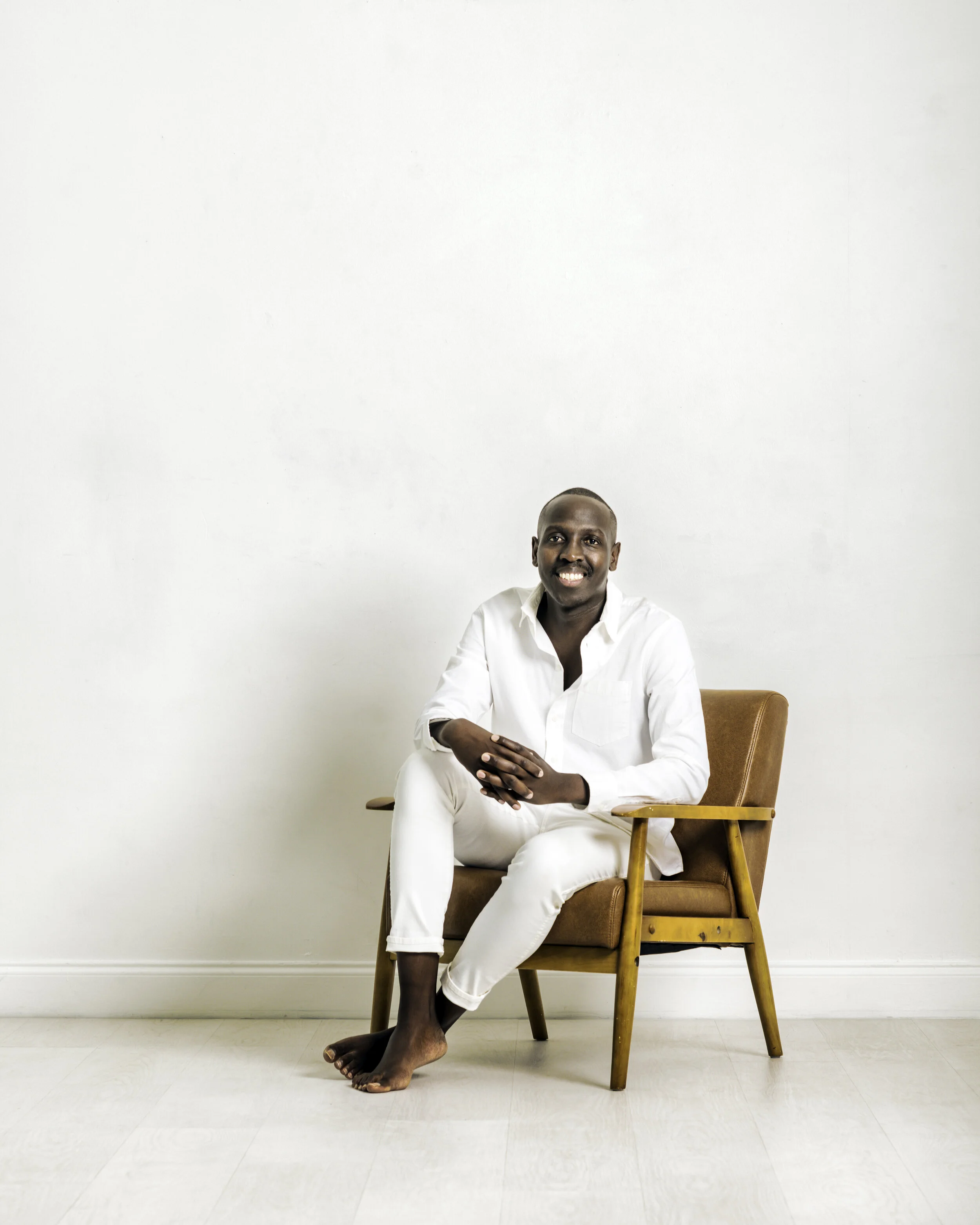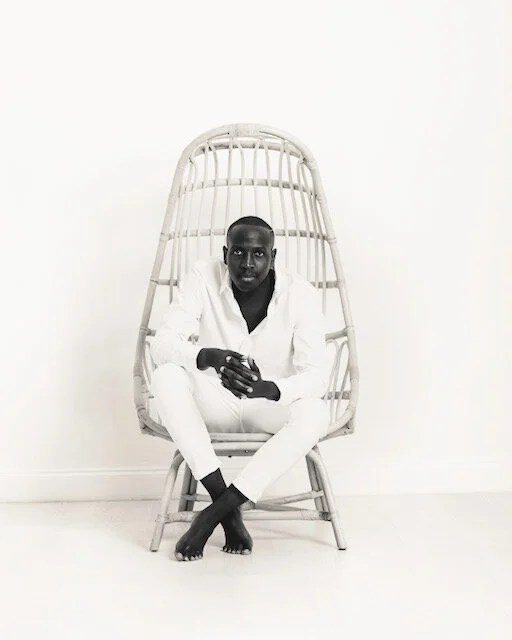That Wasn't Who I Was/This Is My Story
My Name is Henry Wasonga Abuto and I'm a 31 year old black man living in Fort Worth, Texas. Previously when black people have shared their experiences, it has been in safe spaces with other people of color, but what this past year has really forced people of color to do is have private conversations on public platforms and in public ways. White people are now hearing things that they've never heard from people of color before. As someone who writes and teaches at conferences, I feel that if I have a story and a voice, then I have a responsibility to use it.
I remember.
I remember being the only black person in the room and getting called a nigger at a party when I was 18. My actual first thought was “don’t make a big deal out of what just happened Henry, because that would make all these white people uncomfortable.” Why was that my first thought? AS IF ME BEING CALLED A NIGGER wasn’t the uncomfortable part.
I remember
I remember getting called a “colored boy” by my friend’s Mom at their family home. My first thought was, “Oh well, you're at her house Henry, don’t react in a way that communicates you’re ungrateful for her hospitality.” Yall, Why was that my first thought? As if her words weren’t the inhospitable part of that whole situation.
I remember.
I remember having a roommate tell me, I really want you at my wedding but my parents aren’t comfortable with you attending because you are black. I know it sucks but I hope you can understand.” And you know what? I told her I understood. Why was that my first reaction? As if she needed to be understood but I didn’t.
I remember.
I remember being at a pool party during spring break and being asked to leave by the host because her brother didn’t like black people. I gracefully said bye to everyone else that was allowed to stay. By everyone else, I mean all the white people. Why was that my first reaction? As if it was my job to remove the awkwardness for everyone else.
Has someone ever said something hurtful, rude, or offensive to you? I suspect that just about everyone in the world can answer that question with a resounding yes. How have you reacted in those moments? As a black man, I have learned to regulate my reactions in even the most offensive situations that involve me and a white person or white people in general. Because something I (and many other black people) have been conditioned to do is to accommodate the emotions and feelings of white people, oftentimes above our own, no matter how valid.
Most people can see that the situations I described above were offensive. What many people can’t see is why I immediately defaulted to those responses. Why in each of those scenarios did I feel the need to comfort and soothe those present? What I have been forced to realize was that I had been socially conditioned to play the role of soother/comforter to even my offenders.
Growing up as a black person in predominantly white spaces, I learned through unspoken social expectations that in order to fit in and be accepted, I had to default to accommodating the majority person's feelings. Don’t upset white people. If they do or say something to offend you, don’t act offended. Manage their feelings. Don’t make them feel guilty for whatever they did or said. Make extra space for their mistakes. Even if you are offended, don’t seem offended.
Do you know how absolutely exhausting this can be? This is one of the most tiring aspects of existing in these spaces. Looking back, there are so many moments where I did this and in the process, betrayed myself and ultimately, I betrayed reality. I could go on and on. But what this has shown me is that I got into a social contract with a version of me that doesn’t exist.
2020 caused this country and individuals to have honest and painful conversations. There have been some awakenings and one thing I have seen time and time again take center stage is how many white people expect people of color to still hold full space for us to help them process their own emotions.
I’m sad to say, as a follower of Christ, my spiritual home, the church, isn’t immune to this either. As a follower of Christ, I feel tension because I am biblically called to live my life in a certain way that includes extending grace, patience, and understanding as a way to pursue peace and harmony. But what I often found was that even inside the church, I was expected to default to the white person’s feelings. Those things I am biblically asked to extend to others should not be used as a weapon to silence me. I’ve realized speaking the truth is not divisive, it is a duty. your discomfort should not be used as a shield from truth.
Even as I am speaking these words, the overarching thought in my head is how I'm going to manage people’s feelings and thoughts about this. I know it will make people uncomfortable, but managing other people’s emotions is futile, and at the end of the day, I’ve realized it isn’t my responsibility and it is emotionally damaging for me.
If you are white and you have taken this past year to listen and hold space for the stories and experiences of people of color like myself and many others, I do want you to pause and think through just how incredibly difficult and weird it is to share some of these stories. It’s not an easy thing for people of color to do, to share their experiences and their stories and their trauma. I have a brilliant pastor and friend named Garrett. He told me “Henry, you’re going to have to be okay with being misunderstood a lot”. So many people of color tell their stories and they’re not understood, they're not heard, they’re dismissed. When we tell our stories, we are accepting the fact that we are going to be misunderstood. There is a loneliness and isolation that comes when you continually and constantly have to accept that you’re not going to be heard, or that no one is going to get you. But you know what? It’s over. There's no going back. I may have given you who you wanted, but that wasn’t who I was. My name is Henry Wasonga Abuto, and THIS IS MY STORY.
https://www.amphibianstage.com/productions/main-stage/this-is-my-story/
+Photographed at The Lumen Room in Fort Worth by Walt Burns+


